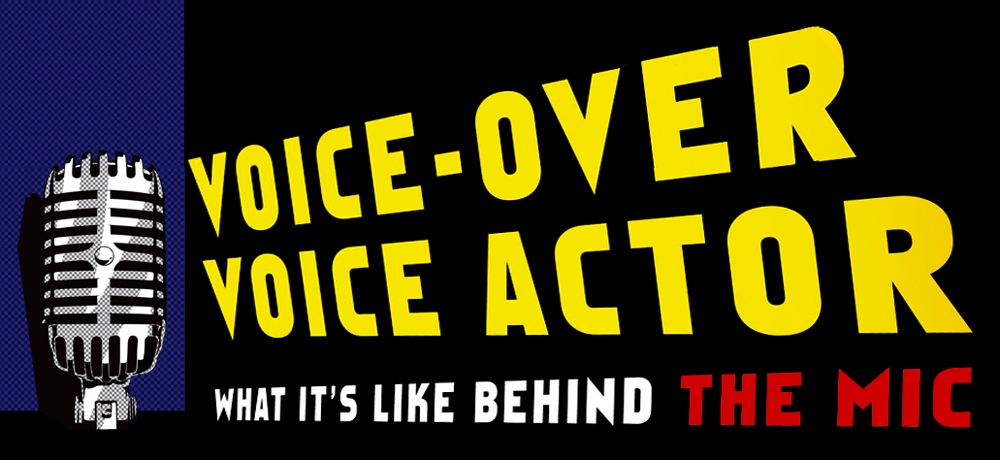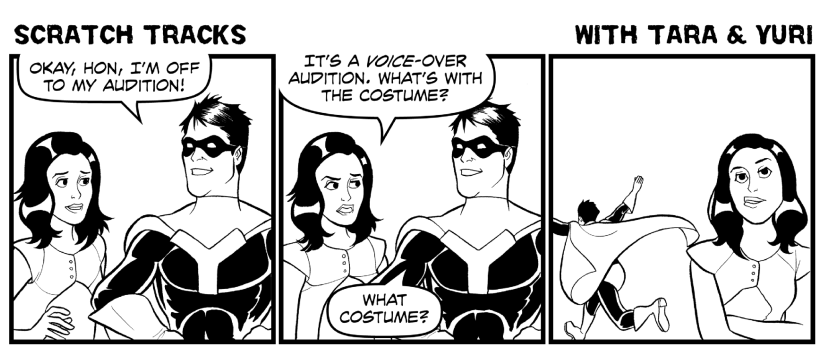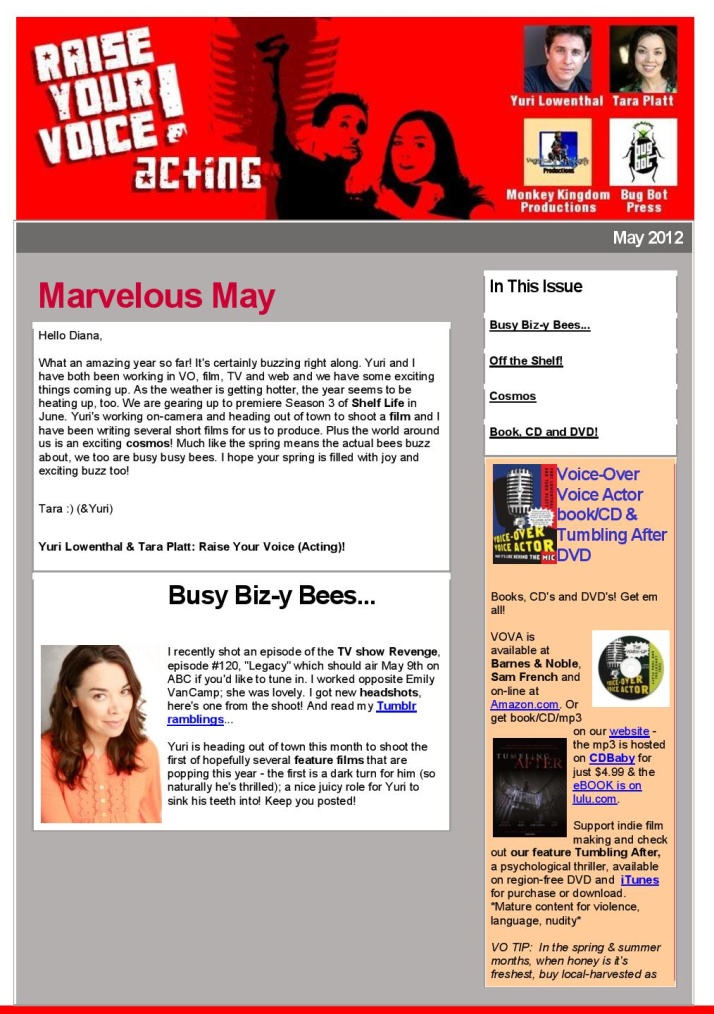What are some of the Voice-Over areas needing good Voice Actors?
The voice over field is a huge arena, and growing constantly. Starting with the advent of radio in the late 1800s and then continuing with the launch of television in 1928, voice-over has been a popular way to convey news, entertainment, and advertising. Any DJ or commentator is a voice-over artist as long as he or she is not seen. However, with the rapidly changing Internet and alternate medium programming, the distinctions between who qualifies as a voice actor versus who is considered a DJ or commentator are becoming more and more blurred. And as the thirst for new content increases dramatically each day, the need for voice-over actors grows dramatically as well.
So, what are some of the Voice-Over areas needing good voice actors?
1) Radio plays, while most popular before the proliferation of television, still enjoy a wide audience in countries such as England. They are finding a new and growing audience thanks to the Internet where they are available in the form of podcasts. Not unlike listening to a book-on-tape, these audio dramas can take the listener on vivid and detailed adventures using only sound effects, music, and dialogue. The art form remains a wonderful example of how profound and affecting a voice-over artist’s skills can be.
2) Animation has long been the home of character voices – whether film, television, Internet, or video games. The voices created by the voice actor (VA) help bring life to animated characters who were, in turn, created by writers and designers. More often than not, these characters (e.g. Bugs Bunny, Betty Boop, Spongebob Squarepants, Naruto) are what springs to mind when people think of voice-over or voice acting. More and more animated video games and toys are using voice-over to tell a story, entertain, or otherwise engage the player as fully as possible.
3) Live-action with voice-over is found where recorded tracks of a character’s thoughts or internal dialogue are played over the images or action, and are often used for dramatic effect (such as memories, after death, etc.). This type of voice-over is used in television, film, and theatre. For example, in the film The Shawshank Redemption, Morgan Freeman’s character “Red” narrates, as does the (deceased) character of Mary on the television show Desperate Housewives. One of the great things about film, TV, and animation is the opportunity to actually communicate what the character is thinking – directly to the audience. Think of how much more effective it is on the TV show Heroes that not only can the character of Matt Parkman hear people’s thoughts, but so can we, the audience.
4) Commercial/Promo is a use of voice-over that’s at least as old as radio broadcasting. If you can hear but not see an announcer trying to sell you something, a consumer telling you about his or her experience, people talking about a product; that’s commercial or promo VO. It might be presented as a dialogue between two or more people, or it might simply be information about a product or service, addressed directly to the consumer. Think about the differences between commercials for McDonald’s, Dell, or Micro Mini Machines, for example. A promo (short for promotion) tends to be like a commercial, but is most commonly used to promote a network or show. The announcer of the Academy Awards, or the person you might hear say, “Up next on The Travel Channel,” is basically doing a commercial, or promo, for the network.
5) Narration could be considered a sub-category of the aforementioned live-action with VO. It is commentary that describes a scene, or tells a story, or explains whatever’s happening on screen or as part of an audio program. Narration might be in the form of a nature expert commenting while you watch polar bears bound about, or it might be Shakespeare’s Twelfth Night as read by Sir Ian McKellen. Documentaries often have someone narrating the events you’re watching. If you want words and don’t need visuals, you can listen to narration as a book-on-tape. (Yeah, we’re old enough to have used tapes. You can listen to yours on CD, or as a digital download if you prefer!)
6) Instructional voice-over is similar to narration but can pop up almost anywhere. Phone systems, computer programs, and corporate educational courses are all examples of this type of voice acting. When you insert a disc in your computer and it instructs you to do something; when the elevator tells you what floor you’re on; or when your GPS tells you to turn left in fifty feet; you can be sure that someone recorded those instructions. Unless, of course, they’re using a computer-generated voice; but we all know those never sound quite as natural as a human-generated voice: Wo-ould yo-ou li-i-ike to-o pla-ay a ga-ame?
~ ~ ~ ~ ~
This blog is an excerpt from Tara and Yuri's highly successful book,Voice Over Voice Actor: What It's Like Behind the Mic. It's a fun and helpful peek into the secret world of the Voice Actor.
Are you interested in pursuing a career in VO? Curious what goes on behind the scenes in a business where people talk funny for money? This book offers a fun and comprehensive look at what it takes, what goes on and what it’s like behind the mic from two working pros who started from scratch.







